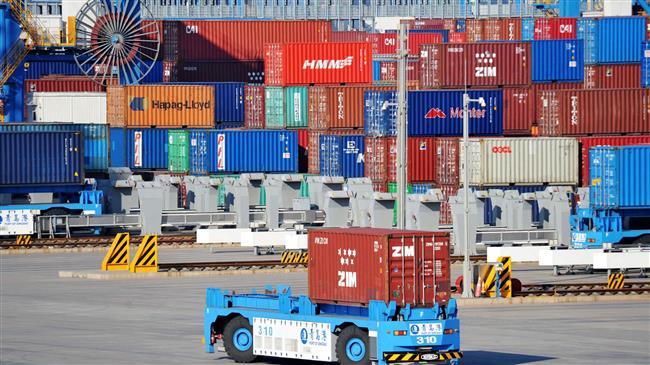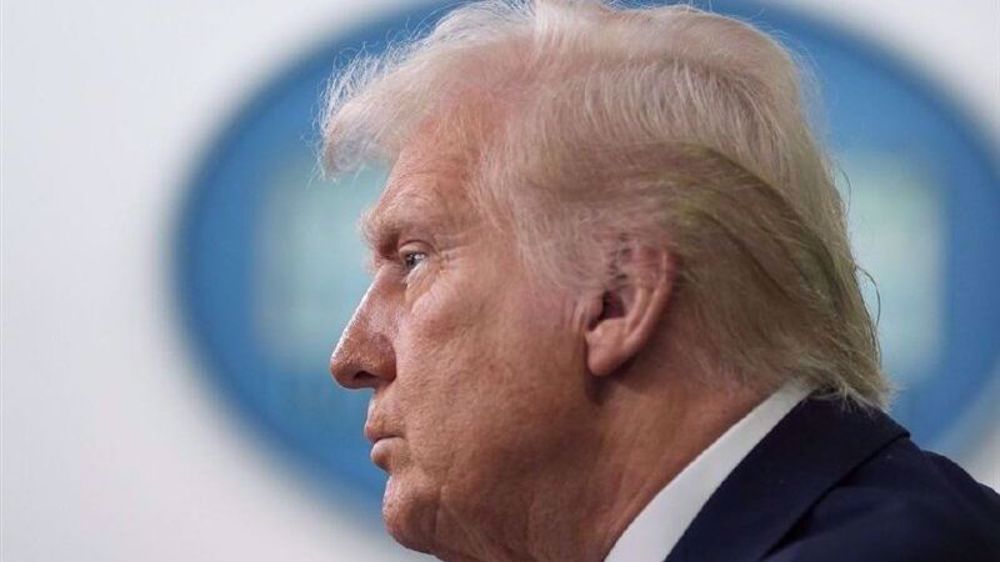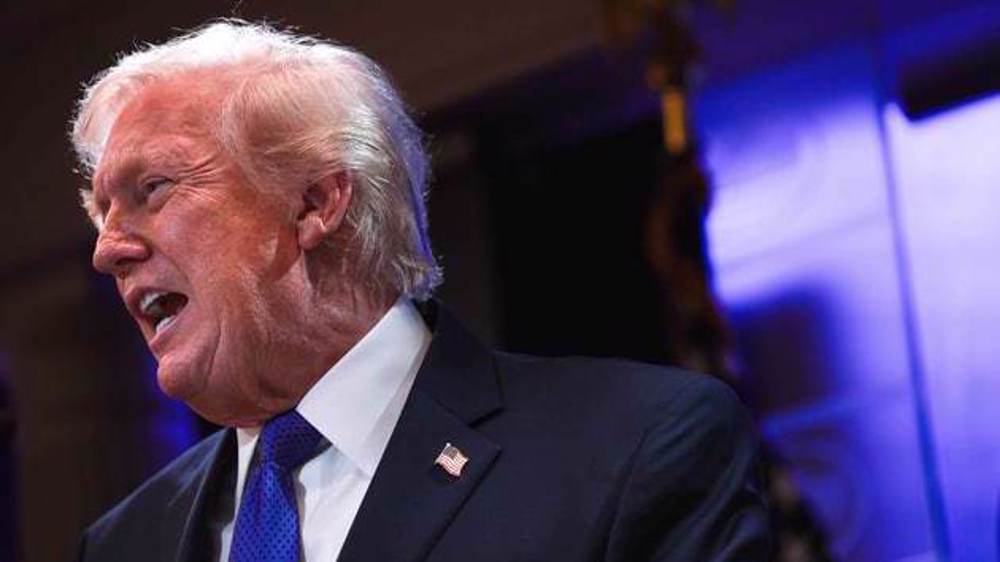IMF warns US, China tariffs can decrease global GDP by 0.8% next year
The International Monetary Fund (IMF) has warned that the persisting tariff war between the United States and China can lower the level of global Gross Domestic Product (GDP) by 0.8 percent next year and trigger additional losses in future years.
The existing tensions in world trade are beginning to weigh down dynamism in the global economy, weakening manufacturing activity not seen since the global financial crisis of 2007-2008, said IMF spokesman Gerry Rice on Thursday.
Rice, however, was circumspect about the prospect of a global recession, saying the international lender would release new economic forecasts in October. “Let’s not get ahead of ourselves. Let’s wait and see."
The US has so far imposed 25-percent tariffs on $250 billion worth of goods imported from China. President Donald Trump was also due to increase those tariffs to 30 percent from October 1, but the US president said on Wednesday that he had ordered to put back the date to two weeks later.
The White House launched the trade war with China last year, when it first imposed unusually heavy tariffs on imports from the Asian country. Since then, the two sides have exchanged tariffs on more than 360 billion dollars in two-way trade.
Washington and Beijing have held talks to settle the issues but to no avail so far.
Back in May, Gita Gopinath, the IMF chief economist, warned that the US-China trade war would “jeopardize” global growth this year.
“While the impact on global growth is relatively modest at this time, the latest escalation could significantly dent business and financial market sentiment, disrupt global supply chains and jeopardize the projected recovery in global growth in 2019,” she said at the time.
China strongly opposes US tariff hikes, saying they are harmful not only to China and the US, but to the whole world.
The US, for its part, says a primary goal of the aggressive tariff strategy is to decrease the trade imbalance with China, which totaled $379 billion in 2018.
The US president has urged China to either sign a trade deal now or be forced to sign a far worse agreement in future. However, China says it won’t make concessions on issues of principle.
Iran, US move ‘closer to agreement’ after ‘serious, longest’ round of talks: FM
Israeli army chief privately warns of cost of new war with Iran: Report
IRGC official: US buildup, psychological tactics aim to 'swallow Iran again'
Iran’s three-man team captures triple gold at UWW ranking series in Tirana
Iranian academic sentenced to 4 years in prison in France for supporting Palestine
VIDEO | Press TV's news headlines
Russia: West seeks to repeat past ‘plunder’ of Iran’s oil
Herzog visits Ethiopia to expand Israeli footprint in Africa













 This makes it easy to access the Press TV website
This makes it easy to access the Press TV website